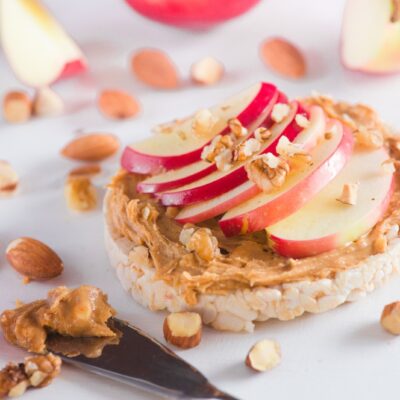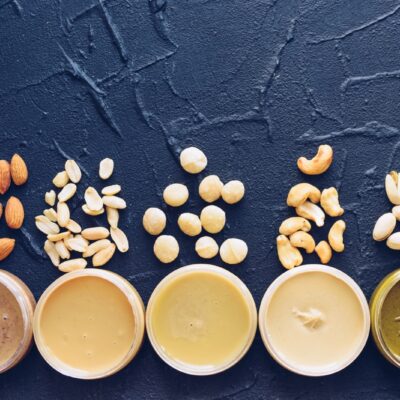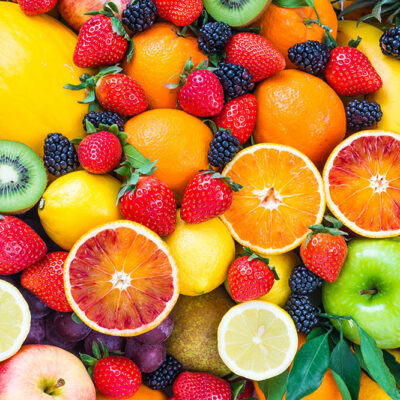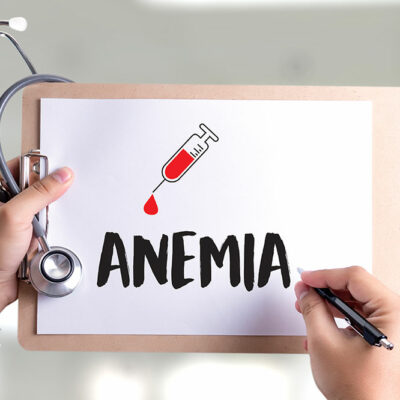
Health
Managing Diabetes Sugars and Helpful Resources Available
Managing diabetes can feel like a full-time job, but understanding how to manage blood sugars effectively is crucial for maintaining good health. With the right resources, such as Humana health insurance coverage, managing diabetes becomes more manageable. Humana diabetes coverage options offer a range of diabetes treatment options that can support individuals in their journey. Knowing which foods to avoid and utilizing diabetes Medicare resources can make all the difference in controlling blood sugar levels. 1. Understand your blood sugar levels The first step in managing diabetes is understanding your blood sugar levels. Regular monitoring helps you know how your body responds to different foods, activities, and medications. Investing in a reliable glucose meter and keeping a log of your readings can provide valuable insights. Humana health insurance coverage often includes diabetes management tools, making it easier to stay on top of your numbers. 2. Choose the right foods Diet plays a significant role in managing diabetes. Knowing which foods to avoid is essential. Foods high in sugar and simple carbohydrates can cause blood sugar spikes. Instead, focus on whole grains, lean proteins, and plenty of vegetables. These foods help maintain stable blood sugar levels and contribute to overall health.
Read More 















